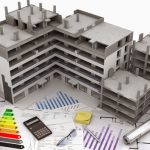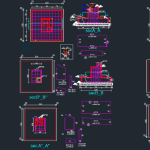Course Overview:
The “Urban Planning” course focuses on the fundamental principles and methodologies used in the development of urban communities. The course aims to equip participants with the knowledge and skills necessary for planning and designing sustainable urban environments, emphasizing the balance between urban growth and environmental preservation, as well as enhancing the quality of life. Topics covered include regional planning, resource management, and the design of public spaces.
Course Objectives:
- Understand the basic concepts of urban planning and its importance in community development.
- Learn the methods and tools used in designing sustainable cities.
- Acquire skills to analyze demographic, social, and economic needs.
- Develop strategies to address urban challenges such as congestion, pollution, and climate change.
- Enhance the ability to communicate and collaborate with stakeholders and local communities.
Training Content:
- Introduction to urban planning: concepts and history.
- Methods of urban planning and design.
- Analysis of urban data: demographic, economic, and social aspects.
- Regional planning and natural resource management.
- Design of public spaces and urban facilities.
- Strategies for sustainable development.
- Addressing urban challenges: congestion, pollution, and climate change.
- Community engagement and methods of communication with stakeholders.
- Case studies of successful international urban planning experiences.
Target Audience:
This course is aimed at architects, urban planners, researchers in urban planning fields, and university students in architecture and urban planning programs. It is also beneficial for officials responsible for urban planning and sustainable development, project managers, and professionals working in urban development and environmental design.






